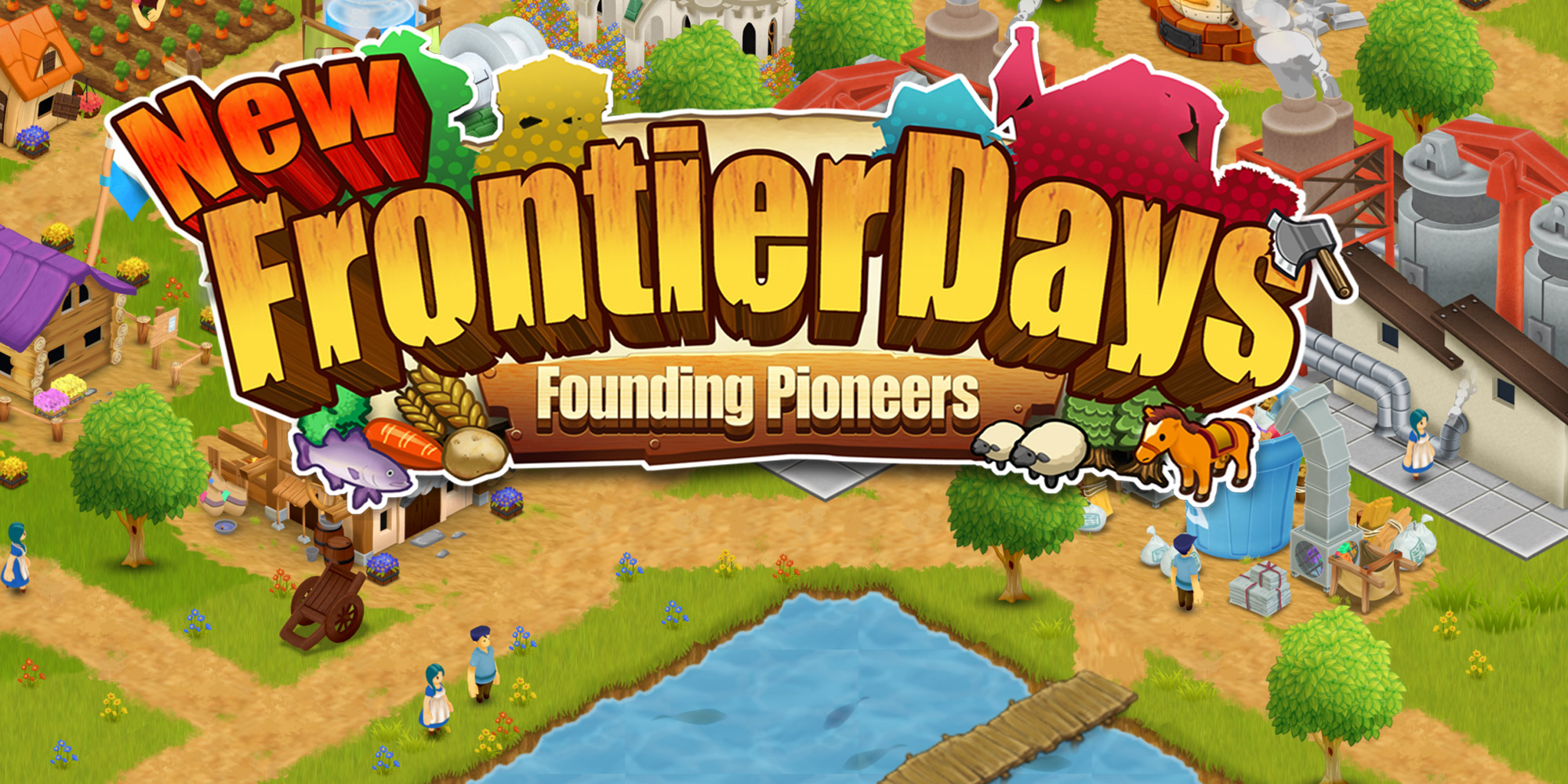
Physische Fassung des Aufbau-Spiels Surviving the Aftermath für Europa gelistet - ntower - Dein Nintendo-Onlinemagazin

Sid Meier´s Civilization VI - Test zur gigantischen Aufbausimulation auf Nintendo Switch - NAT-Games

Nintendo Switch Horse Farm - Pferde Aufbausimulation in Baden-Württemberg - Holzgerlingen | Nintendo Spiele gebraucht kaufen | eBay Kleinanzeigen

Weitere Bilder und Informationen zu RollerCoaster Tycoon Adventures veröffentlicht - ntower - Dein Nintendo-Onlinemagazin














